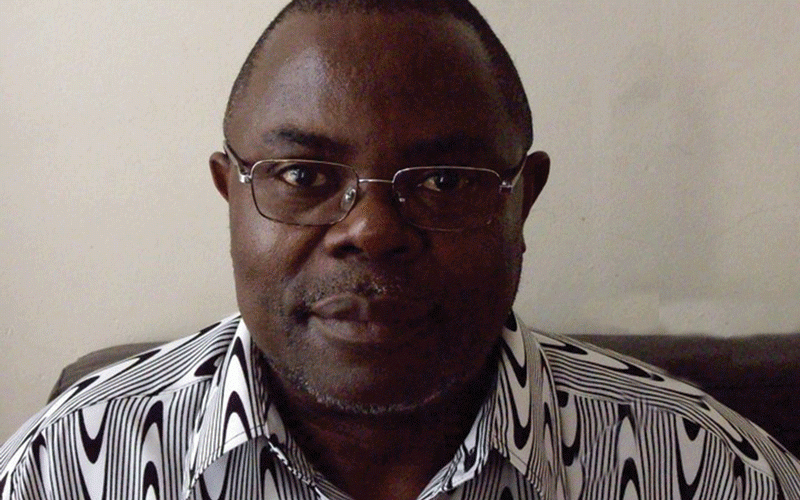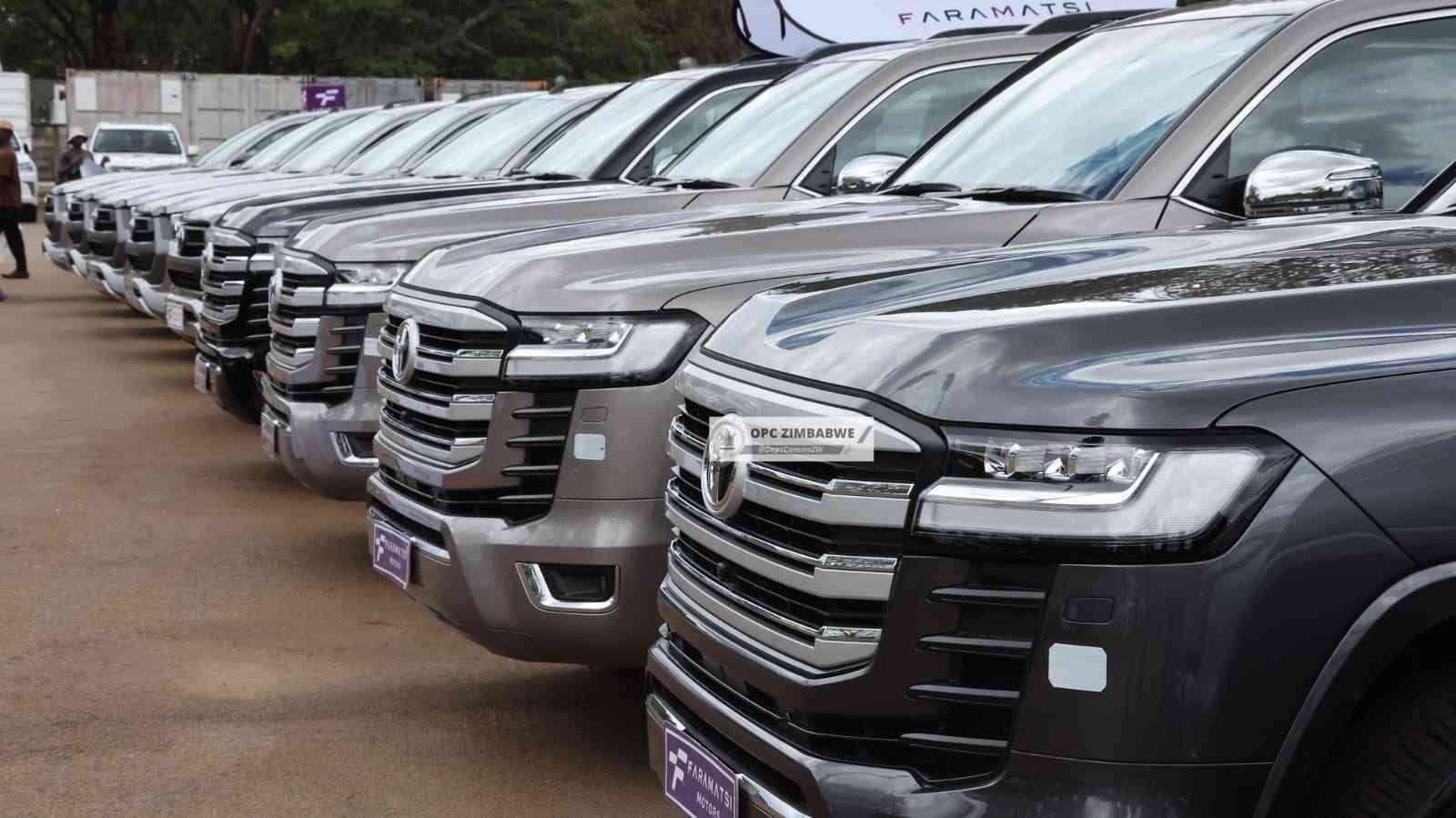
POST-COLONIAL Africa, which has been in existence for over 60 years is in need of a systematic examination of its constitutional obligations. Some of the major challenges facing African societies include lack of a political system that is capable of solving some of the social, economic and political contradictions the continent is facing.
Political systems are typically classified into three broad categories, namely, the presidential, parliamentary and mixed models of government. Each of these models rest firmly on a foundation of party politics. However, in many African countries, there are three pillars of governance, namely the Executive, the Legislature and the Judiciary.
This article argues that the existence of the Executive presidency, at the exclusion of the role of the prime minister, is a major cause of our economic and social misery in Africa. It is instructive to note that most, if not all African Constitutions, did away with the role of prime minister in preference to the Executive Presidency.
The existence of the latter has led to the erosion of basic constitutional practices and the curtailment of human rights.
What are the areas of great concern about the Executive presidency in Africa? First and foremost, the executive president is the head of State, head of government and head of a political party. The President is not answerable to Parliament. Except in a few African countries, the president can practically and willy-nilly override and dissolve Parliament when he disagrees with it and can interfere with the judicial processes as well. This leaves the president with absolute authority which enables him to dominate society at will.
In a country where the Executive presidency prevails, freedom of speech, while available, is severely restricted by interference with the public media both print and electronic as well as a broadcasting system which notoriously serves the interests of the State. Independent journalists are harassed and imprisoned for printing or uncovering corruption and abuse of power.
What is clear is that Executive presidency often leans towards authoritarianism. The latter is a system with highly restricted opportunities for political mobilisation. Power is exercised by a leader or small group not formally accountable to the electorate.
This is a system in which formal institutions and practice of constitutional democracy are present. However, in practice, the extensive powers of the ruler, party or regime severely limit contestation by individuals, organised groups and society. All in all, the Executive presidency is often characterised by high-level corruption, ineptitude, myopia and economic failure.
- Cars up for grabs in batteries competition
- Africa should be better prepared for Europe’s security funding shift
- Sadc PF wants right to health enforceable
- AG’s report shows growing impunity at the heart of govt operation
Keep Reading
The foregoing illustrates the problems facing contemporary African countries as they seek to establish a political system based on culture, values and other conditions peculiar to these countries. Coups and counter-coups often take place in west Africa for example, partly due to the existence of the Executive presidency.
As head of State, government and party, the Executive president is preoccupied with trying to consolidate his power at the expense of governing the country with diligence. This consolidation is perpetuated through the centralisation of power and dictatorial tendencies.
The re-introduction of the role of prime minister in African political systems is one way to solve some of the African development problems. The president should be the head of State and the prime minister, head of government.
To avoid the president being only ceremonial, he or she might have some limited executive powers. African leaders are averse to ceremonial Presidency.
Countries that are governed by prime ministers have thriving economies. These include among others, Malaysia, Singapore, India and Ethiopia. With respect to Ethiopia, it is instructive to note that the government is led by a prime minister and there has been, over the years, a better performance of the country’s economy.
When one gets to Addis Ababa airport, one is greeted by an impressive fleet of aeroplanes known as ETHIOPIEN. However, in some African countries led by executive presidents, the airlines have long disappeared into thin air. This includes among others, South African Airways, which is no longer flying to international destinations except regional routes.
Thus, the problems of African States have been exacerbated by the failure to have a Constitution which embraces the position of prime minister as the head of government answerable to Parliament. It is common knowledge that the executive president does not sit in Parliament, preferring to present the state of the nation address from time-to-time. Therefore, the Executive president is detached from political, social and economic realities.
When Zimbabwe was under the late former President Robert Mugabe — back then as Prime Minister, the economy was thriving. Similarly, when Morgan Tsvangirai (also late) was Prime Minister during the government of national unity, the Zimbabwean economy performed well.
In light of the foregoing, it is clear that African countries are struggling to consolidate their hard-won independence because of the instability partly caused by the Executive presidency. There being no role of prime minister, due to wrong Constitutions, Executive presidents in some African countries see themselves as demi-gods who concentrate all decision-making powers in their hands.
The Executive presidency as enshrined in most African Constitutions has the effect of putting in place a most centralised State, protected by unaccountable, quasi-government apparatus.
The Executive presidency usually is an obstacle to the acceptance of a transparent, inclusive and genuine process of change which gives rise to certainty and stability in African institutions and political systems. Executive presidents use the levers of power at their disposal to block any process of change.
African countries are desirous of durable, just, democratic and fair constitutions that in essence entrench genuine and real democratic and political systems.
The big questions are: What are the prospects of replacing the executive president as head of government in favour of prime ministerial model of administration?
Can’t African countries draw some lessons from other countries that have transformed their societies through adopting constitutions that have prime ministers as heads of government? Obviously, there is a need to find a balance between the executive president as head of State with limited executive powers and the prime minister as head of government.
Thus, Africa should take a moment to reflect on its achievements in its quest for solutions to its multi-faceted social, economic and political problems.
It can be confidently asserted that formally, the age of colonisation is gone forever, but there still exists deep-seated scars that colonialism has left and the structural frames it has created and these have not been done away with completely.
The efforts to place the African citizen at the centre of development and decision-making is far from being a success story. The Executive Presidency has severely limited African countries’ capacity to deal with their problems in the best possible manner.
Still, it is imperative for African countries to continue searching for the political, social and constitutional advancement in order to achieve the as yet unrealised and incomplete aspects of the original objectives of genuine African independence.
- Austin Chakaodza is a political analyst on African affairs and political economy. He can be contacted on chakaodza8@hotmail.co.uk.








